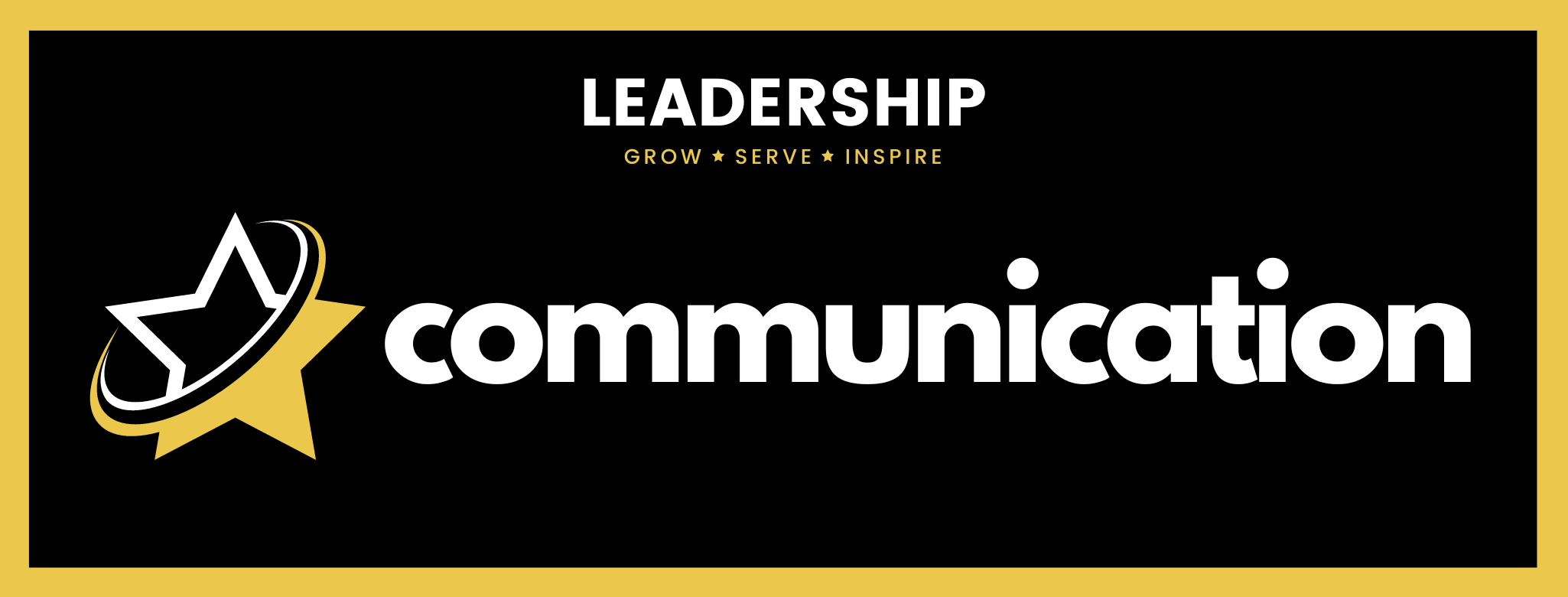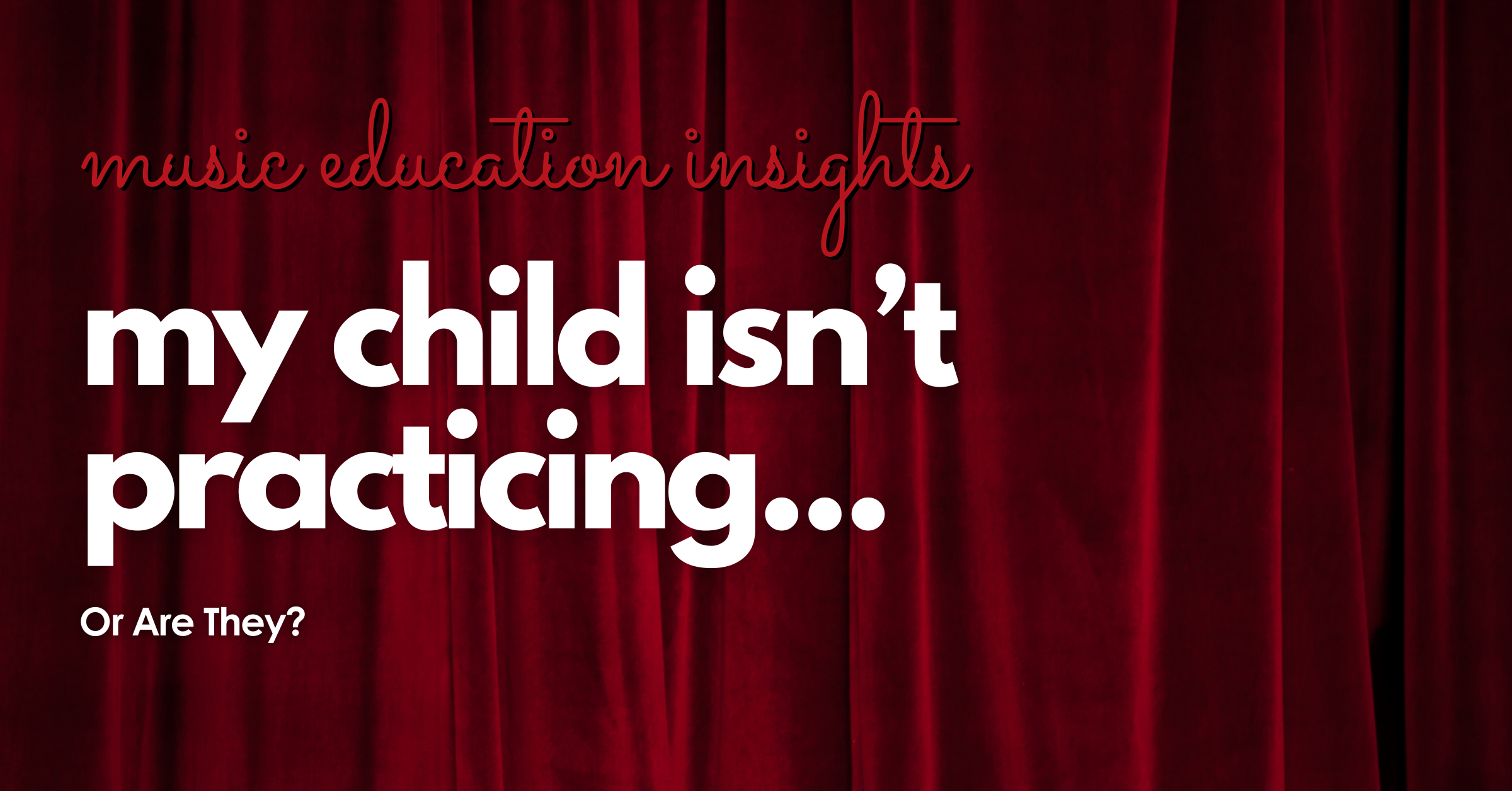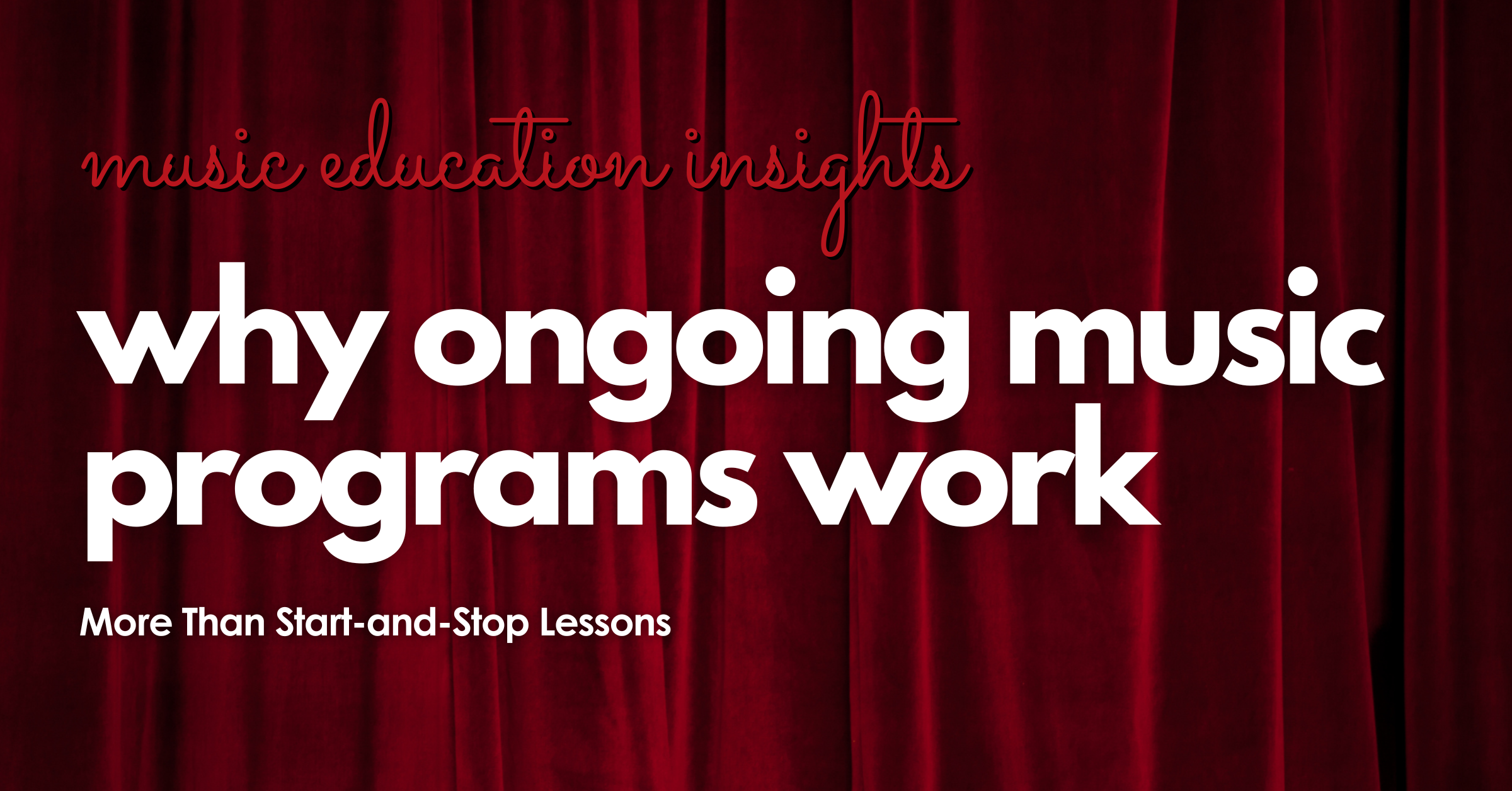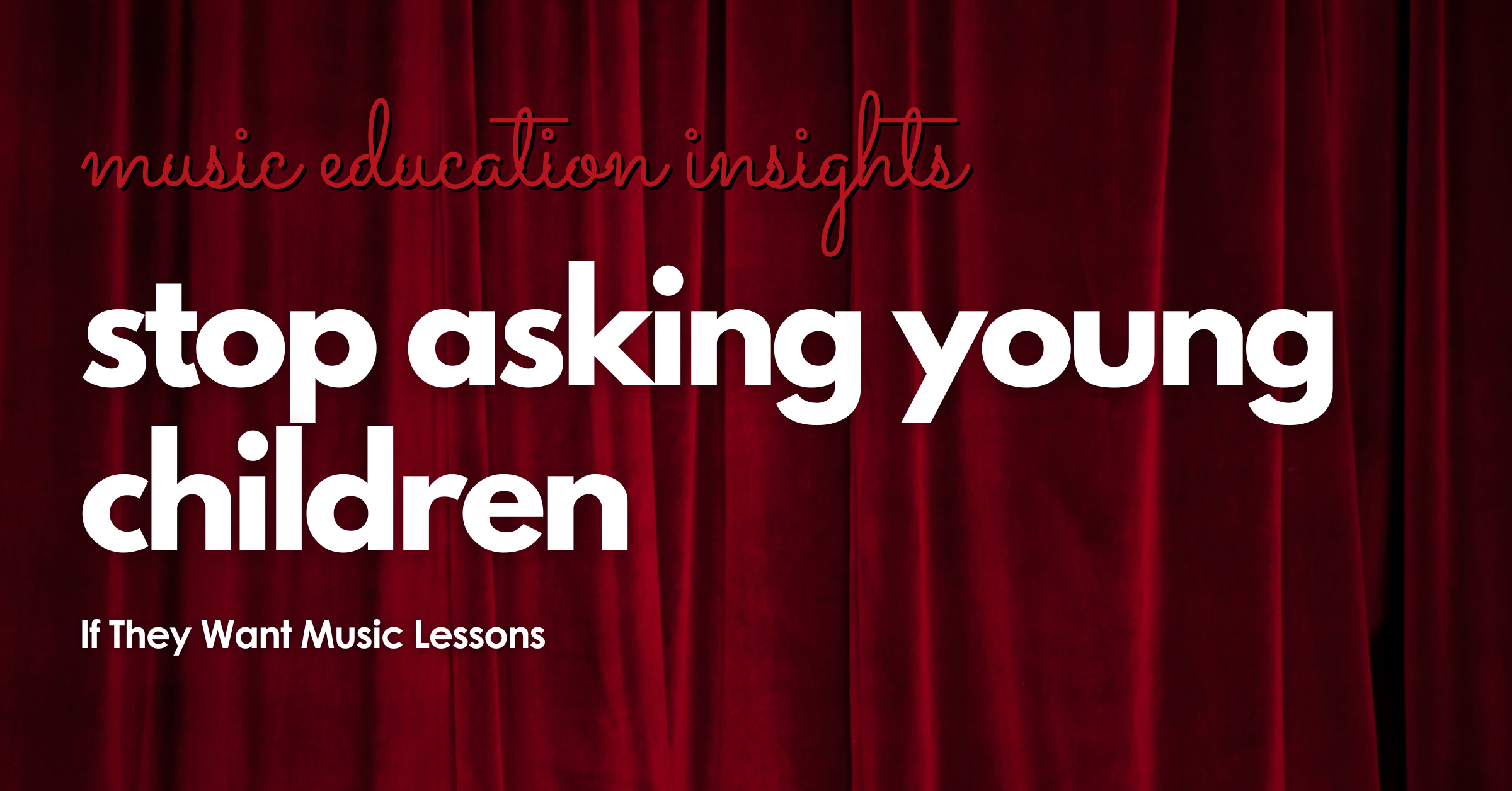

Communication is a Mystery, at First.
When you think of the word communicate, what do you think of? Do you think of having a conversation, talking with someone, or texting, or even singing at someone? When I think of the word communication, I think of being a detective and finding clues to solve a mystery.
Communicating is all about finding and interpreting clues to understand what someone is trying to tell you. Communication happens between two types of people, someone delivering the information (someone giving the clues), and someone receiving the information (someone who is finding the clues, like a detective.)
Communication Deliverer & Receiver
Some examples of a deliverer and a receiver communicating with each other are a teacher talking to her students, a Mom texting her kid, or a pianist performing for an audience. What are some clues that a receiving detective could find in these examples?
In-person Communication
If your teacher is talking to a noisy classroom, what might they sound like, or look like? Maybe they are saying “Be quiet everyone.” How are they saying it with their tone of voice, sternly, more relaxed, did they have some kind of emotion in their words, frustrated, amused? Did they say it quietly or loudly because they wanted to be heard? There are a lot of ways we can use our ears to interpret the clues that the teacher is giving us.
What clues can we use our eyes to find? Does your teacher look really impatient because they are crossing their arms? Do they look really mad because their face is showing that expression? Are they using a peace sign, their hand signal, to try and tell you something, that they want you to quiet down?
Some of the clues that we found were the words: #1 “Be quiet now”, #2 the tone/emotion of the words, #3 the facial expression and body language, #4 the hand signal
Text Communication
What if you are talking to someone who can’t see you and you can’t see them? Imagine if your Mom texted you “Call me now”. How would you know what your Mom is feeling? Do you think there is a difference between: “Call me now.”, “CALL ME NOW!”, and “Call me now! 😘” Your Mom gives you clues about how she is feeling in her texts. #1 the words, #2 the punctuation (the period and the exclamation point, #3 the all caps, and finally #4 the emoji 😘
When we’re communicating, it’s most important to be a good detective so we don’t need to be told the same things over and over again.
Musical Communication
What if there are no words to communicate at all? Musicians performing for an audience communicate all the time without any words. They (the musician) interpret what the composer wrote or improvise their own personal expression to reveal clues to the audience.
These clues include the melody, harmony, tempo, dynamics, articulations, instrumentation, performance energy from the performer and the audience. All of these are clues about what the composer or the performer is feeling when they are playing their music.
Musicians also use their body language and facial expressions to communicate, especially conductors.
When You Communicate
When we’re the ones delivering information, we need to make sure that we’re careful which clues we’re giving out so that we are not misinterpreted. The best way to do that is to use lots of different types of communication, or you can think about it like lots of different types of clues. Body language, facial expression, and all that. Ok, I need to make a call. I have all my clues ready to go and I’m ready to deliver some information.
Why is it important to be an effective communicator? Think about it this way, if all of us were focusing on being a good detective and being a good first time listener, and a more careful reader, no only would be a more attentive, but we would be showing respect to the person we are communicating with.
Conclusion
Having to repeat the same information over and over and over again is boring and it’s frustrating for everyone. So, if we all practice listening, we’ll be able to have more time to learn, and more time to improve our relationships with the people we are interacting with.
This week, talk with your teachers about how you communicate and how other people communicate with you. Maybe you have ideas that we didn’t talk about today.
Youtube Video
The Little School of Music Leadership Program introduces monthly principles to enhance the life lessons, leadership skills, and character development experienced in music education. This is at the core of our program as we use music and learning to play an instrument as the tool. Each month a short introductory video on the monthly leadership principle will be shared with parents, students, and teachers to watch at home. We encourage students to extend what they learn to other parts of their life including at school, at home, and especially among their peers.



